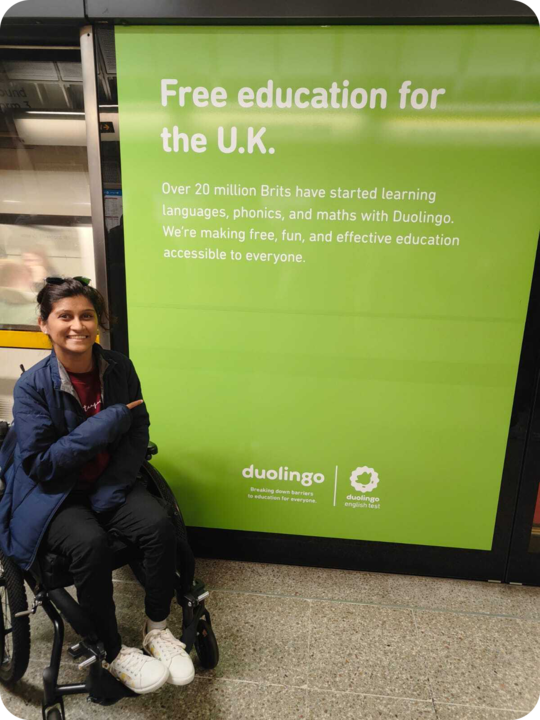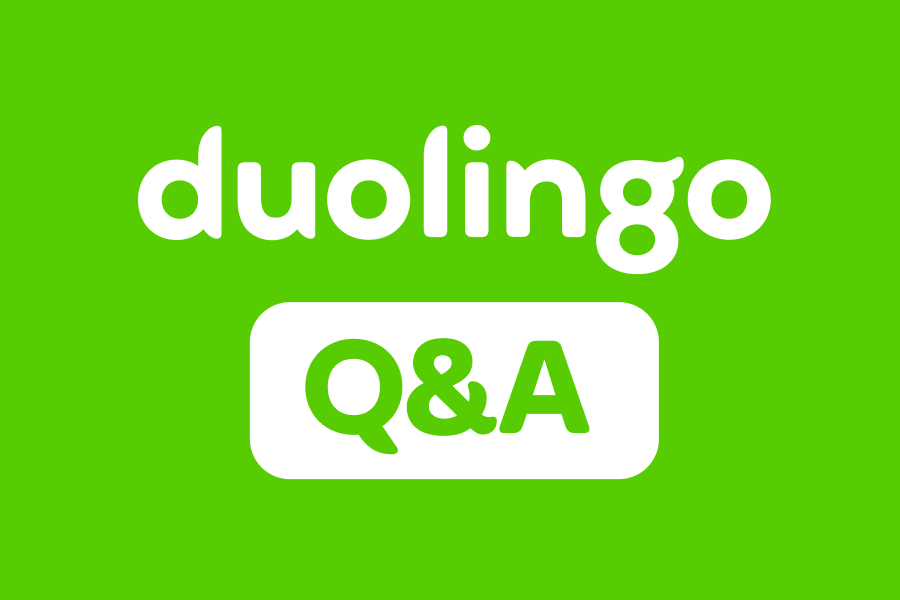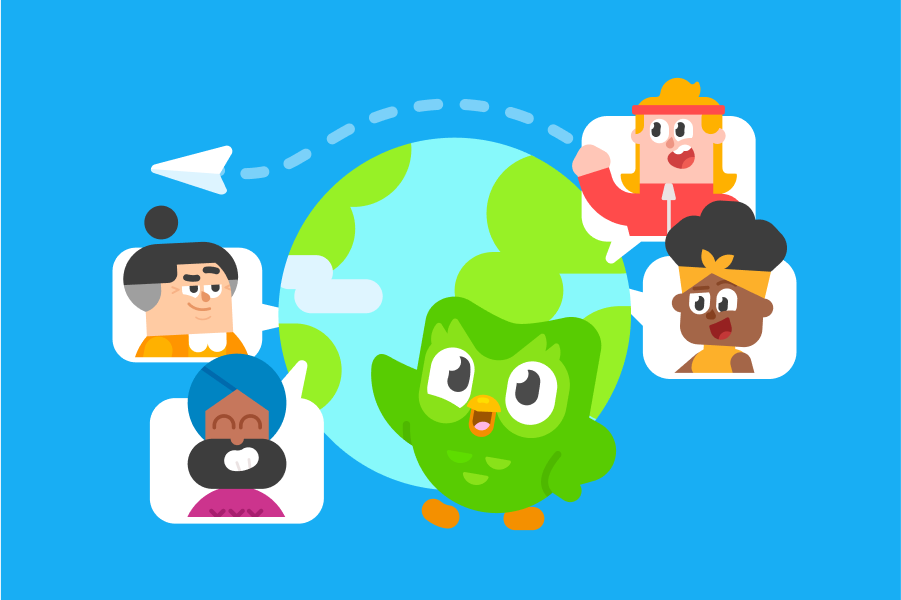At Duolingo, we believe that everyone should have the opportunity to learn and thrive, regardless of their background or circumstances. So we spoke with Diksha Dinde, a DET test taker and disability justice advocate from Pune, India. Earlier this year, Diksha was awarded a Chevening scholarship, co-sponsored by Duolingo, to study in the UK.
The Chevening Scholarship is a highly prestigious, globally renowned award that offers exceptional individuals the opportunity to pursue a master's degree in the United Kingdom. As a symbol of academic excellence and leadership potential, Chevening Scholarships are highly competitive, attracting the best and brightest minds from around the world.
Here, Diksha shares her journey to becoming an international student and Chevening scholar, and offers advice for how to make the system more accessible for all.

Q: How has having a disability shaped your perspective on education?
A: Being born as a girl with a disability was a big challenge for my parents. Initially, they were shocked. It was difficult for them to accept the fact that their child was disabled. My disability was considered a burden in the eyes of society. How long will you be taking care of this girl? How would she support your family even if she got educated? My parents had to answer questions like this continuously.
During my initial schooling years, many schools rejected admission due to a lack of accessible infrastructure, toilets, special needs teachers, etc. Private schools refused admission because they didn’t want to take any risk or wanted my parents to stay with me during school hours. Schools were skeptical about my sanitary habits, too (at that time, accessible toilets were a distant dream.) So, I completed my studies at a government school in vernacular language. Still, there were many challenges. This school was not equipped to pay attention to my needs. My mother had to accompany me to school to assist me.
Inaccessible infrastructure has always been an issue for me. It lowered my confidence and restricted my participation on many levels, be it in education, employment, or social life. I reached this level because of the constant support of my mother. She taught me to never give up and made me a better human. And my experiences shaped my perspective by instilling in me resilience and adaptability, a deep well of empathy and compassion for others facing challenges, and a keen awareness of issues related to inequality and discrimination.
Q: Why did you want to study abroad?
A: I had always dreamt of studying without having to face any barriers or discrimination… but my economic situation restricted those dreams. In 2021, I learned about the Chevening Scholarship, which opened doors of possibility for me. Fortunately, I received this prestigious scholarship on my first attempt.
Since then, I have been living my life in the U.K. independently, without any physical barriers. This not only offered academic opportunities and cultural exposure but also a chance to challenge my preconceptions about disabilities. I aspire to use this experience to advocate for greater inclusivity and accessibility, both abroad and at home, making the world a more welcoming place for everyone without any barriers.
Q: Why did you choose to take the DET?
A: I chose to take the Duolingo English Test because it was a more convenient, accessible, and cost-effective option for me. It wasn't just that other tests were exorbitantly expensive. Rather, like many other places in my city, our test centers aren't wheelchair-accessible and therefore are inaccessible to me. DET removed that barrier and proved to be a good example of the social model of disability.
Also, my university accepted this test to fulfill their English language requirement. After receiving the Chevening Scholarship, I was thrilled when I learned that Duolingo had sponsored my education as a Chevening Partner. I recently finished my Masters in Governance, Development, and Public Policy at IDS, University of Sussex.
Q: What made you become an activist?
A: I’ve always wanted to ensure that no one would suffer from what I did. That led me to work in the social sector. I became a disability justice activist because my experiences as a disabled woman ignited that passion within me. The challenges and barriers I faced in daily life, from accessibility issues to societal misconceptions, drove me to advocate for change.
I realized that by raising my voice and working for inclusivity, I could make a difference not only for myself but for others facing similar obstacles. Becoming an activist was a natural step in my journey to create a more equitable and accessible world for all.
Q: How has being a Chevening scholar changed your life?
A: In India, I was used to being rejected or making adjustments simply because no one could cater for my needs or they were not equipped enough.
But the U.K. was different. It didn't just talk about inclusivity, it practiced inclusivity. Being a Chevening scholar has been a transformative experience that has opened doors to world-class education without any physical barriers, a diverse global network, and unparalleled opportunities for personal and professional growth.
Through this scholarship, I've gained the knowledge and skills to address complex global challenges, allowing me to contribute more meaningfully to my field. My degree made me a better researcher and taught me how to analyze things critically. Additionally, the connections and friendships I've formed with fellow Chevening scholars from around the world have broadened my perspectives and enriched my life in ways I couldn't have imagined. Chevening has not just been a scholarship; it's been a life-changing experience that continues to shape my future, both academically and personally, for the better.
Q: How can we make education more accessible? What needs to change?
A: The democratization of education and access to quality education are essential to reaching the marginalized communities who are still deprived of education. Education accessibility can be improved through universal design, inclusive infrastructure, affordable options, teacher training, accessible technology, mental health support, and global cooperation. It's a collective effort to ensure that education is equitable and inclusive for all. See how a simple, accessible, and affordable English language test can make a profound difference in a person's life!
Dikshe's inspiring journey highlights the importance of making education and testing more accessible, ensuring that everyone has a fair chance to showcase their skills and unlock their potential. As we work towards a more inclusive future, we’re so grateful to Diksha for sharing her story.
Visit the DET Access page to learn more about how we support international scholars like Diksha!



